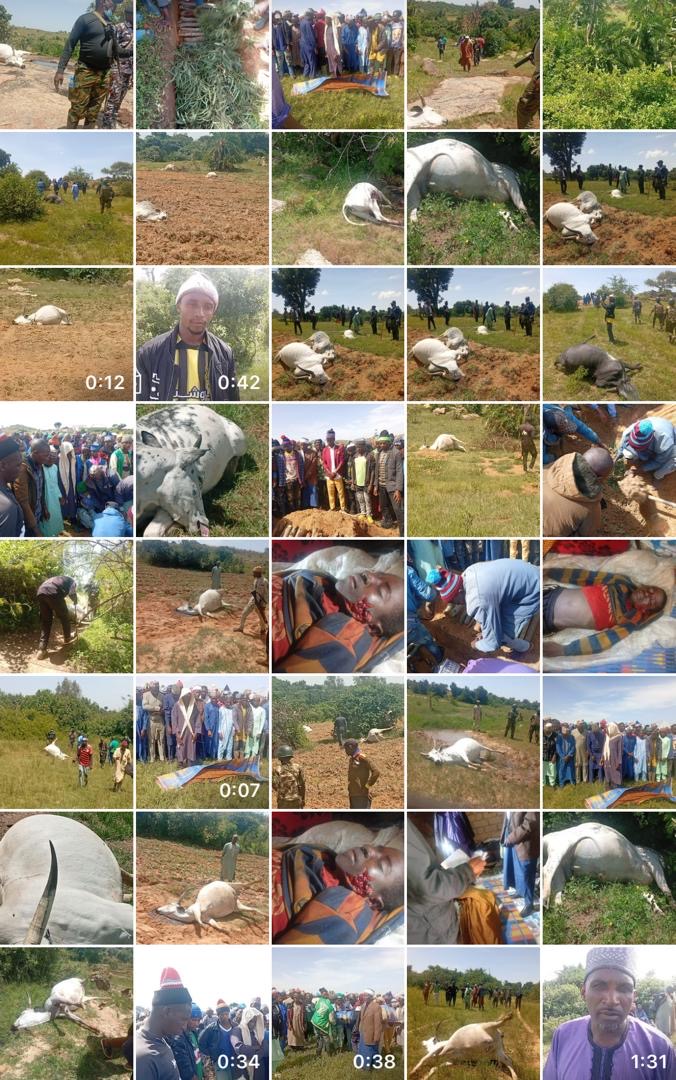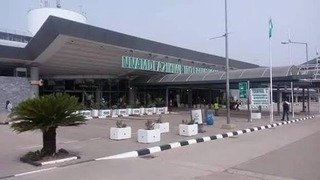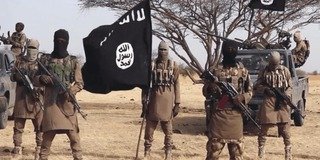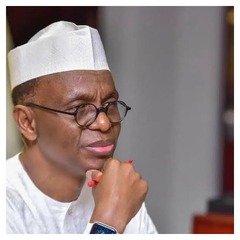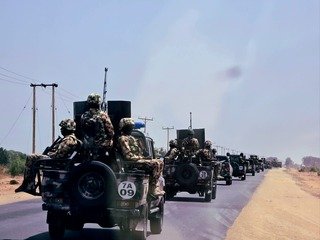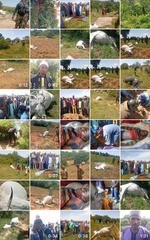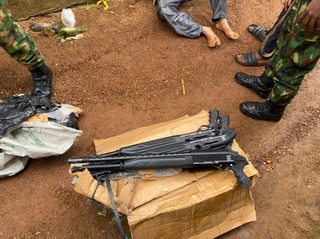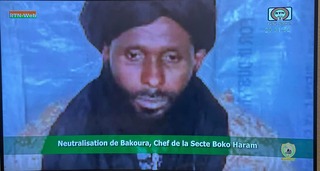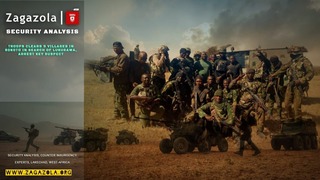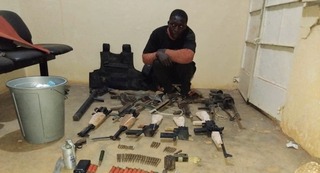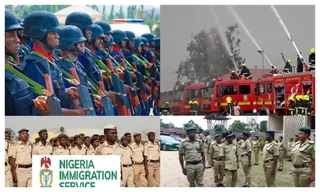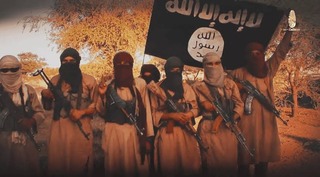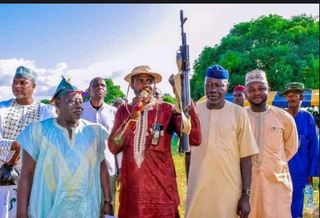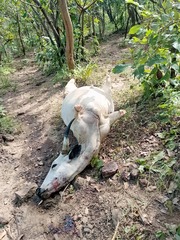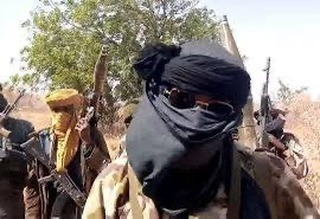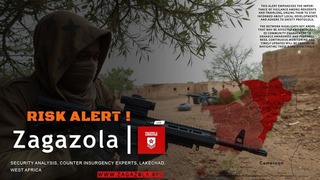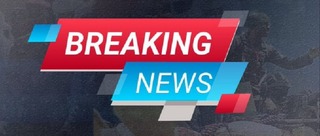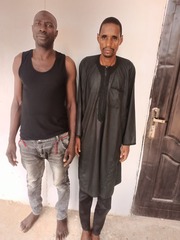EXCLUSIVE: Fulani Leaders fault fact-finding as Report uncovers two decades of unprovoked attacks on Fulani settlements across Plateau
By: Zagazola Makama
The Miyetti Allah Cattle Breeders Association of Nigeria (MACBAN) has faulted the Plateau State High-Powered Fact-Finding Committee on Insecurity, accusing it of bias and deliberate exclusion of Fulani victims in its report covering attacks, killings, and destruction in Plateau communities from 2001 to 2025.
The association, in a statement issued on behalf of Fulani herding communities in the state, said the report as presented in some national dailies “grossly failed to capture the true dynamics and atrocities committed against Fulani herders.”
According to MACBAN, while the committee was expected to provide an objective and comprehensive appraisal of the long-running crisis in Plateau, its reported findings instead portrayed the Fulani as the principal aggressors a claim the association described as “a grave misrepresentation of facts.”
“The unfortunate cycle of violence in Plateau State is one of Nigeria’s most enduring ethno-religious and communal crises. Any genuine attempt at reconciliation must be anchored on fairness and truth,” the association said.
“The Fulani, as one of the indigenous and peace-loving communities in Plateau, have often been cast solely as aggressors in a deeply complex conflict in which they have also been victims of killings, displacement, and destruction,” it added.
MACBAN cited media publications on Sept. 19, 2025, which claimed that the committee’s report recorded 11,749 deaths and 420 communities attacked within 24 years, allegedly by Fulani militias and herders from neighbouring states.
It described such claims as one-sided and potentially dangerous, alleging that they could “blackmail Fulani communities and make them vulnerable to ill-treatment, intimidation, and further attacks.”
Although the committee’s chairman, Maj.-Gen. Rogers Ibe Nicholas (rtd), later clarified that all ethnic groups were involved in the Plateau crisis, MACBAN expressed shock that the Plateau State Government’s Director of Press and Public Affairs, Mr. Gyang Bere, issued a statement on Sept. 16, linking Fulani herders to the attacks.
“The question is: who killed the Fulani people and destroyed their communities? Who are the perpetrators of the violence and displacement we have suffered? These are questions that remain unanswered,” the statement said.
The association maintained that the Fulani had consistently reported incidents of killings, cattle rustling, arson, and forced displacement to security agencies, including the Plateau State Police Command, the Department of State Services, and Operation Safe Haven, yet little action had been taken.
It further described as “unfounded lies” the claim that Fulani herders were solely responsible for the state’s violence, saying it was a “fabrication intended to achieve political objectives and demonise one community.”
MACBAN called on the Federal Government, security agencies, civil society organisations, and the international community to reject and condemn the report, insisting that it was “baseless, lopsided, and capable of derailing ongoing peace efforts.”
The association also faulted the report for ignoring “well-documented and verified security records” of atrocities committed against Fulani herders, including mass killings, cattle rustling, and destruction of settlements across Mangu, Bokkos, Barkin Ladi, Riyom, and Bassa local government areas between 2011 and 2025.
A comprehensive documentation of attacks on Fulani communities across Plateau State between 2001 and 2025 has revealed a consistent pattern of killings, destruction of settlements, and mass displacement allegedly perpetrated by armed militias operating in several local government areas.
The findings by Zagazola Makama compiled from community records, eyewitness accounts, and verified security correspondences, indicate that hundreds of Fulani men, women, and children have been killed in unprovoked assaults spanning Mangu, Bokkos, Bassa, Barkin Ladi, and Riyom LGAs. While official figures remain unconfirmed by state authorities, the victims’ names and dates of attacks provide a chilling record of prolonged violence that has gone largely unaddressed.
In Mangu Local Government Area between 2023 – 2025 about 263 persons were killed
In May 2023 at Murish District; Mallam Bello Ibrahim, Aisha Adamu, Halima Musa, Musa Danladi, Shehu Umar, Ali Haruna, and two unidentified children were killed when armed men attacked their settlement at night. July 2023 at Kombun and Pushit axis: Alhaji Haruna Ali, Saidu Bello, Hassana Umar, Adamu Dogo, Maryam Isa, and 10 others were killed in simultaneous attacks that razed several Fulani hamlets. In Feb. 2024 at Ampang West; 15 persons, including Umar Danjuma and Rakiya Bello, were killed in coordinated raids that also claimed over 800 cattle. In May 2024 at Jwak and In Kerang district, over 36 women and children were reportedly burnt inside their huts, while more than 2,000 cows were rustled or slaughtered. Oct. 2025 Along Mangu–NYSC Camp Road: Two Fulani women and a teenage boy were stopped on the road and executed by suspected militias. Their identities were given as Zainabu Sule, Hajara Musa, and Abdulrahman Adamu. In total, over 35 Fulani settlements have been destroyed, displacing more than 4,000 families from Mangu and adjoining areas with over 260 Fulani persons reportedly killed in coordinated night assaults between 2023 and 2025. The victims include women, children, and elderly herders who were attacked in their homes and on transit routes. Settlements such as Murish, Jwak, Bwai, Kombun, Ampang West, and Pushitwere among the worst hit.
Notable victims recorded include Mallam Bello Ibrahim, Aisha Adamu, Musa Danladi, and Halima Musa, who were killed when armed groups stormed their hamlet in May 2023. The communities have been deserted, with thousands of displaced persons now scattered across Bauchi, Gombe, and Nasarawa States.
In Bokkos Local Government Area betwwen. 2019 – 2025 (approx. 78 killed)
In Jan. 2019 in Kwatas community: Alhaji Sule Dan Malam, Umaru Musa, Hauwa Haruna, and seven others were killed when attackers invaded the settlement during morning prayers. Similarly in July 2023 at Mangor District: 12 Fulani herders, including Musa Adamu, Rabi Bala, Isah Garba, and Sani Ibrahim, were ambushed and killed along the grazing route between Maiyanga and Ropp. While in Feb. 2024 at Rim village: Eight persons were killed and dozens of livestock rustled in another attack that forced residents of Daffo and Kambang to flee. May 2025 in Bokkos Central: 13 victims including Abdullahi Umar, Bashir Suleiman, and Hajara Mohammed were confirmed dead after renewed violence in the town’s outskirts. Another wave of violence left 13 Fulani persons dead, including Alhaji Sule Dan Malam, Umaru Musa, and Hauwa Haruna, whose bodies were recovered near Rim and Ropp villagesin February 2024.
Eyewitnesses said several herders were ambushed while returning from grazing fields, with their livestock either rustled or shot at close range. In Kwatas and Maiyanga, at least 12 herders were killed in July 2023, prompting mass displacement of entire families. Security reports also confirmed the destruction of huts, food barns, and farmlands belonging to Fulani communities in Mangor, Kambang, and Daffo districts, forcing many survivors to relocate to Wase and Kanam LGAs. Community elders report that most displaced families from Bokkos now reside in temporary settlements in Wase, Kanam, and Bauchi States.
The pattern of killings has also spread to Bassa LGA, where Fulani herders were attacked near Nkie Dong, Maiyanga, and Miango districts, with more than 120 killed between 2017 – 2025
In Sept. 2017 – Nkyie Dong village: 20 Fulani residents including Mallam Yakubu Haruna and two of his sons were killed in an overnight assault. In June 2021, Maiyanga: Abubakar Sule, Yakubu Haruna, Aliyu Ibrahim, and Fatima Umar were ambushed while returning from Miango market. Similarly in Sept. 2024 – Ancha–Miango road: Abubakar Sule, Yakubu Haruna, and two teenage boys were executed after being stopped at a makeshift roadblock by suspected militias. In Feb. 2025 – Zanwra community: Nine women and six children were killed when their settlement was torched at dawn. Residents say more than 40 Fulani hamlets in Bassa have been destroyed since 2017, leaving hundreds of people displaced and without access to grazing lands.
In Riyom and Barkin Ladi, longstanding tensions have resulted in waves of killings resulting in the death of 94 Fulani and arson targeting Fulani hamlets. In Aug. 2015 at Shonong District: Malam Umar Gidado, Zainab Musa, and Aliyu Bello were among 15 Fulani persons killed in an early morning raid. In Mar. 2020 – Attakar–Rim axis: 14 persons were confirmed dead after gunmen opened fire on a convoy of herders relocating with their livestock.
Dozens of pastoral families were displaced from Shonong, Attakar, and Rim communities following repeated raids that left scores dead.
Victims identified from these areas include Malam Umar Gidado, Zainab Musa, and Aliyu Bello, who were reportedly killed in January 2023 when gunmen invaded their camp at night.
Jan. 2023 – Jol community: 11 Fulani youths were killed in a night attack that also led to loss of 300 cattle. Apr. 2025 – Tanjol area: Eight family members of Mallam Ibrahim Umar were killed in another ambush near the Kuru Station corridor. Fulani residents of Jol, Kuru Station, and Tanjol reported sustained harassment and cattle rustling incidents allegedly carried out by armed militias in the hills. They lamented that while attacks against other communities often receive immediate public outrage, the killings of Fulani herders go unreported and unpunished.
Barkin Ladi Local Government Area 2012 – 2025 (over 110 killed)
In June 2012 at Foron District: 23 Fulani herders, including women and children, were attacked and killed in reprisal raids following a dispute over farmland. Dec. 2020 – Ropp village: 10 Fulani men were shot dead while returning from a local market. May 2023 – Gashish District: Mallam Yusuf Haruna, Hassana Bello, Abdullahi Saleh, and five others were killed in a dawn attack on their settlement. Jan. 2025 – Ex-Ancha Road: 13 persons were confirmed dead in what witnesses described as “unprovoked gunfire” by unidentified armed men. In September 2024, a group of herders travelling along the Ancha–Miango road were stopped by armed men and executed. Among those killed were Abubakar Sule, Yakubu Haruna, and two teenage boys, whose remains were later recovered by community volunteers.
The violence, which intensified in 2025, has forced entire Fulani settlements to flee from ancestral grazing routes in Mangu, Bokkos, Barkin Ladi, Riyom, and Bassa Local Government Areas.
The latest was on Oct. 8, 2025, when another attack was recorded along Mangu Road near the NYSC camp, where two Fulani women and a young boy were reportedly stopped by gunmen and shot dead on the spot. Witnesses attributed the assault to suspected Berom militias operating unchecked in the area.
Community leaders told Zagazola Makama that the silence of authorities especially the state government and selective outrage in public discourse have contributed to worsening distrust and the cycle of reprisal attacks.
They called on the international communities who are now anchoring the genocide against Christians, federal and state governments to establish a judicial panel of inquiry to ensure justice for all victims, irrespective of ethnicity or religion.
“Hundreds of our people, including women and children, have been killed in unprovoked attacks. Many of our communities have been burnt down, yet these incidents were not captured in the committee’s findings,” the statement said.
The group reiterated its commitment to peace and dialogue but warned that peace could only be sustained through justice, fairness, and recognition of all victims irrespective of ethnicity or religion.
The affected communities have also appealed to the federal government, security agencies, and humanitarian partners to ensure the perpetrators are identified and prosecuted, while displaced families are resettled. They also urged journalists and civil society organisations to report the crisis objectively and ensure that the suffering of Fulani victims receives equal attention in national discourse.
“The Plateau conflict has lasted for more than two decades. True peace will come only when justice is done to every group, including the Fulani,” a displaced herder from Mangu said.
Zagazola Makama is a Counter Insurgency Expert and Security Analysts in the Lake Chad Region

